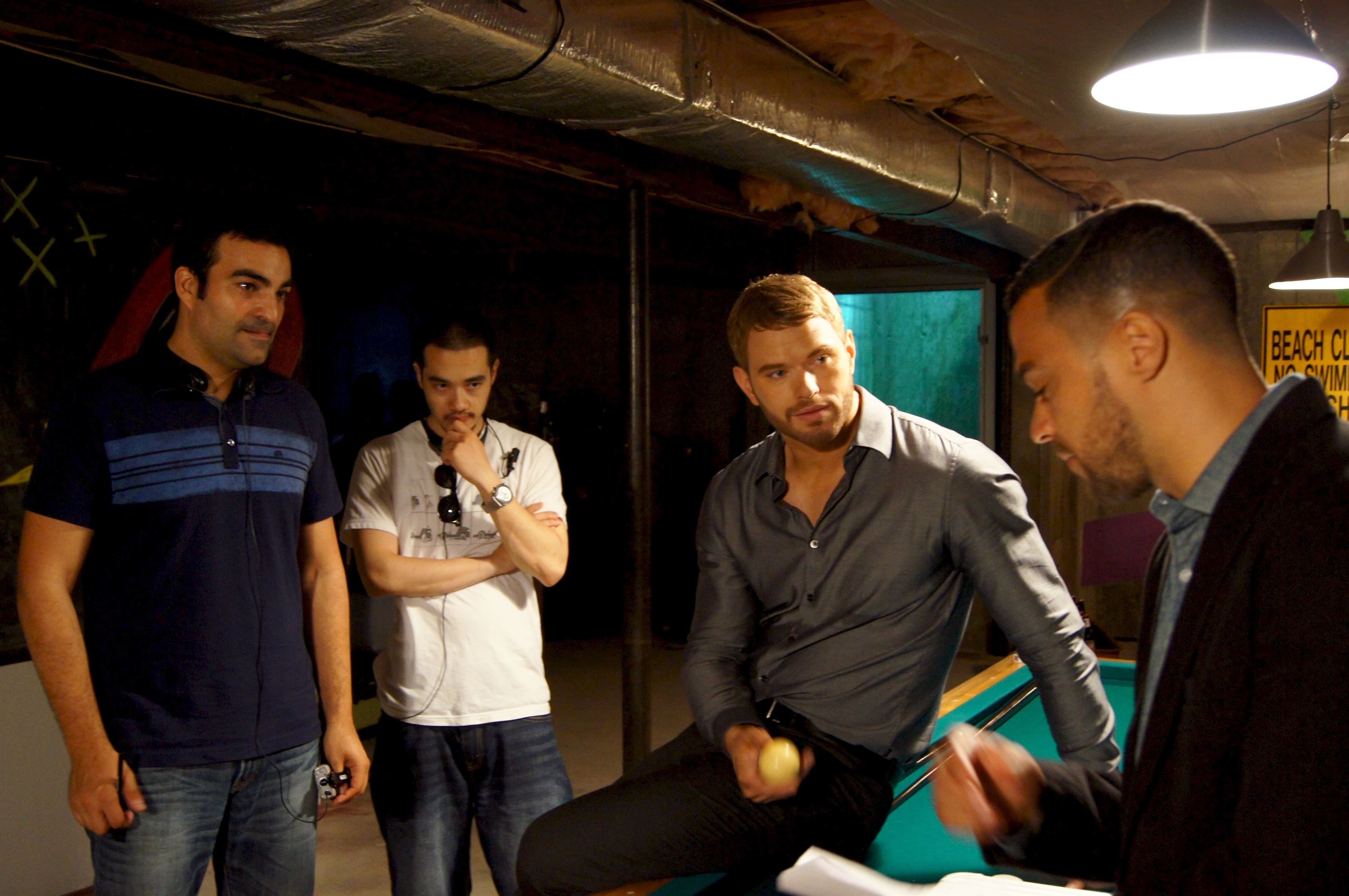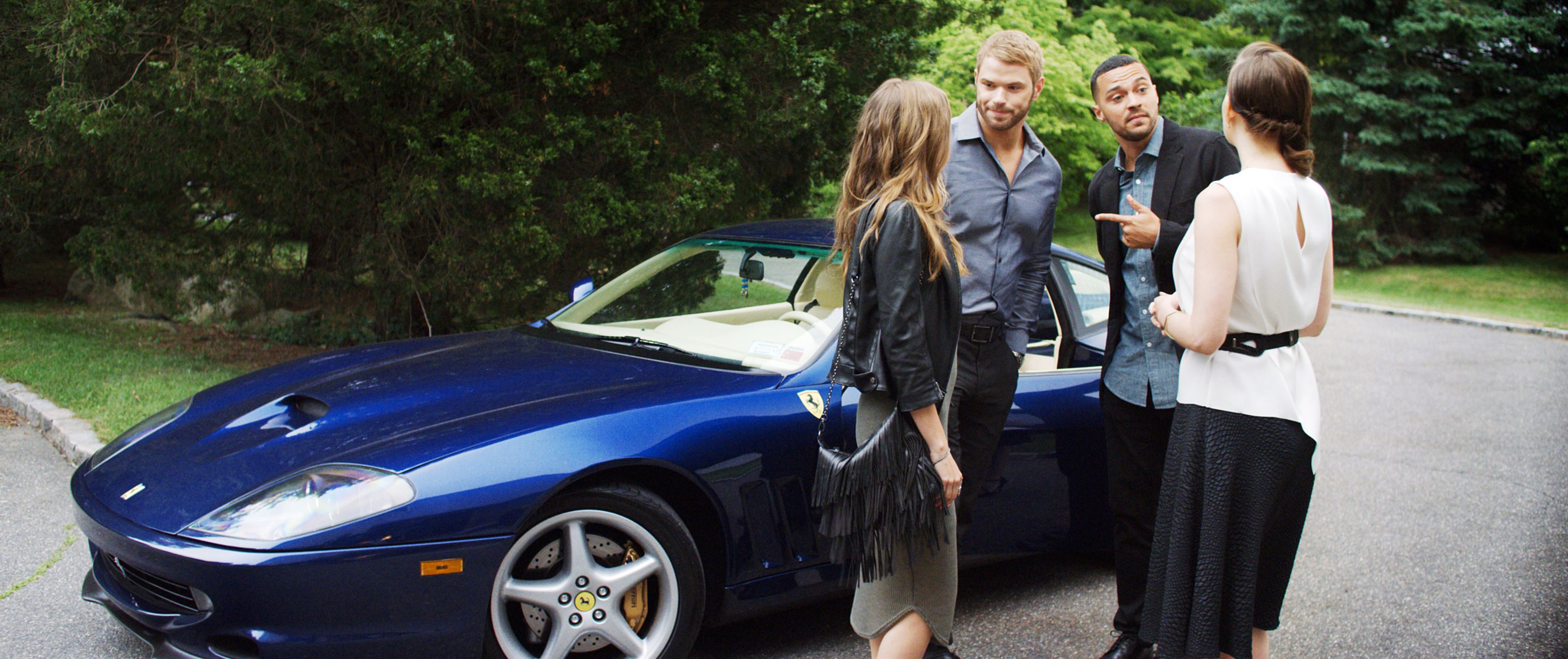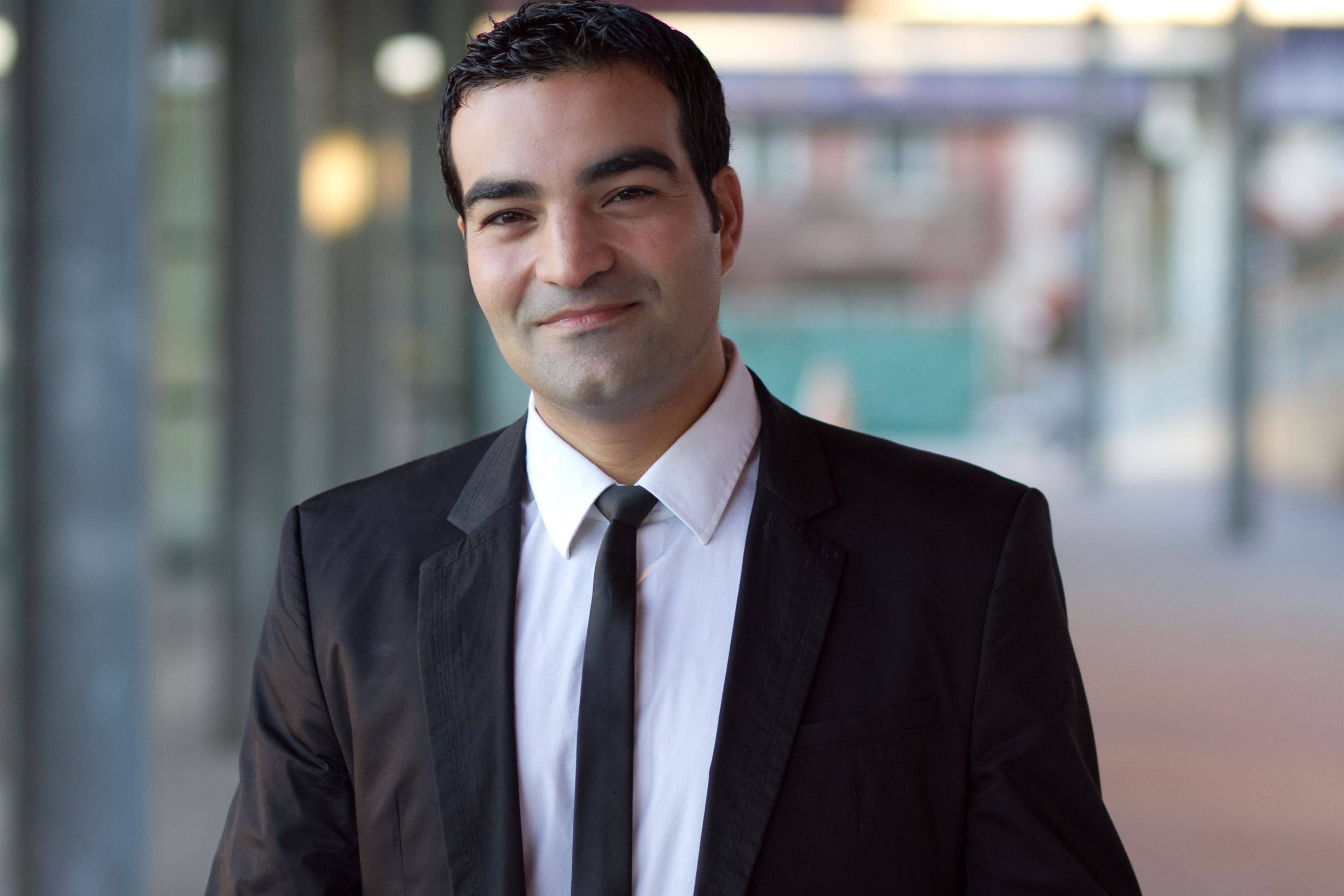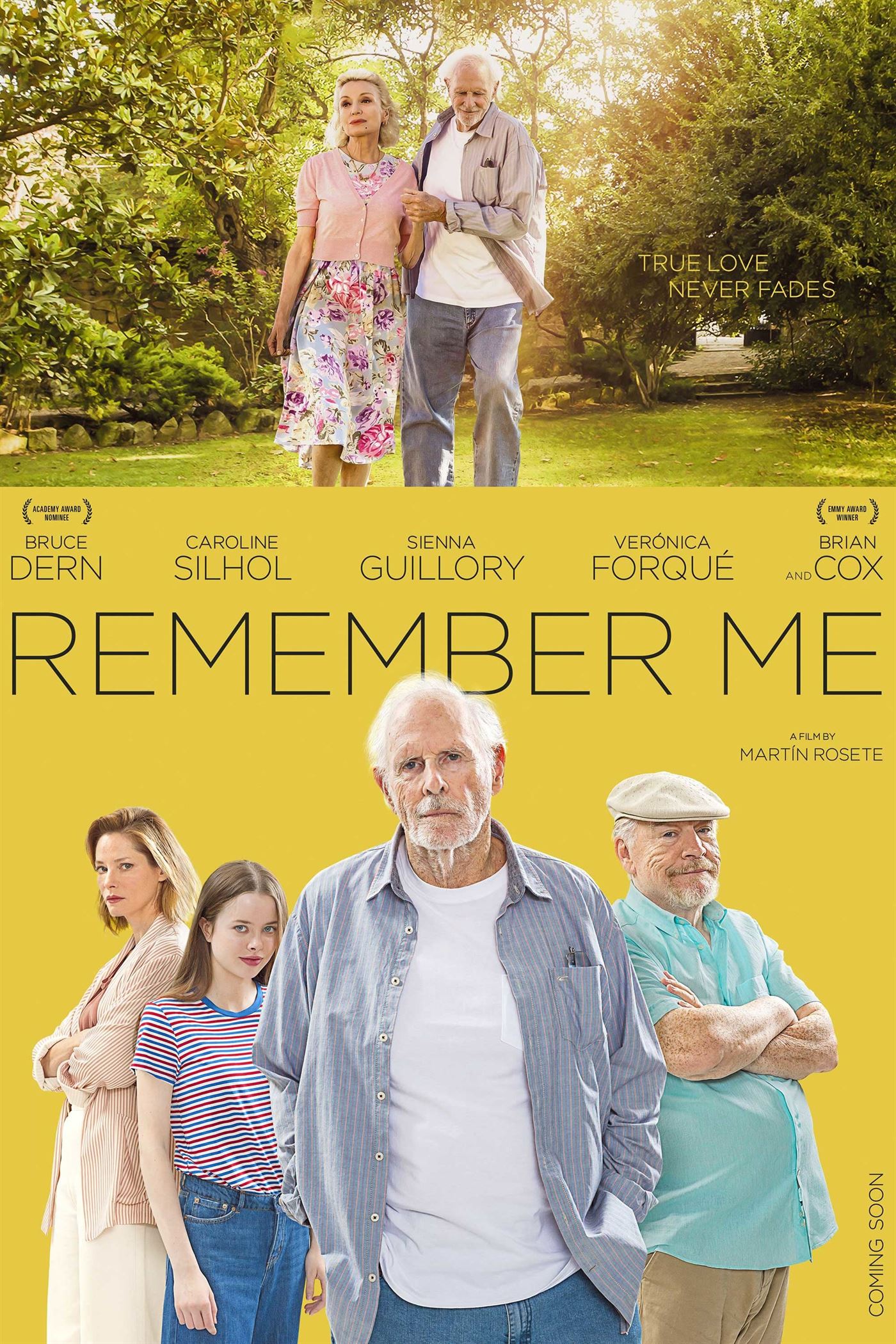Martin Rosete, a native of Madrid, Spain, virtually welcomed Montclair State University students from professor Alejandra Musi Arcelus’ The Entertainment Beat course to ask questions. Rosete is the director of the short film, “Voice Over,” and films, “Money” and “Remember Me.”
“[Arcelus] doesn’t know this. But when I was 15, I wanted to study journalism,” Rosete said. “Then, one day, I saw a movie and fell in love with it. The movie was called ‘Tesis’ by a Spanish filmmaker [Alejandro Amenabar] … and when I saw that movie, I was like, ‘Wow, if you can make these kinds of movies here in Spain, I want to be a filmmaker.’”
Much like the students present during the interview, Rosete paved his way into the cinema world through passion, meaning there were no hand-me-down cinema connections or parents who were immersed in the film industry. He reminisced about the days when he worked on construction with his father during his college semester breaks, but there was no interest to make a career out of it.
“I feel like that helped me a lot to make movies because, in a way, it’s like building a house,” Rosete said. “I have to say that my father, especially, was hoping I would study to be an architect or something like that because that’s what he knew. Or at least, he could have helped me in a way, but I didn’t feel like doing anything like that.”
Soon after that, he decided to follow his dreams. Rosete’s film professors were quick to let him know there were going to be many things he would learn at school but how to make a movie was not one of them.
At 19 years old, Rosete directed his first short film, and at the time, the process to obtain the rights of the short tale by a Polish writer took some convincing. But in the end, it was possible. Eventually, Rosete made it to New York City on a two-year scholarship and made a point to the students that where there is drive there is a will.
“When you don’t have the money or the content, it takes longer,” Rosete said. “But you have to keep the focus.”

Rosete (far left) on the set of “Money,” a film that delivers the message behind the wonders and curses money brings.
Photo courtesy of Martin Rosete
Rosete’s short film “Voice Over” is one of the projects he is the proudest of and where the focus is redefined. The film transports the audience into each of the characters’ journeys, which seems to be inescapable havoc in a dream, sequence-like storyline. There is no direct dialogue between the characters, but there is a French voiceover that narrates the feelings happening throughout the film.
“I met with my friend, and he said, ‘I just wrote a masterpiece, and I want to give it to you,’ so I read it,” Rosete said. “And I was like, ‘[Expletive]! It’s amazing!’”
While the excitement to direct the story onto the silver screen for everyone to see was there, Rosete was also conflicted about how he would deliver all the details because there was no way he would leave any of it out. By now, he had film colleagues in Spain who were invested in making the story a live-action movie.
“I really fell in love with the script,” Rosete said. “Because otherwise, I wouldn’t have spent a year and half of my life pushing and pushing every single minute. Those 18 months to make it happen, I felt and still feel that it is the best script I have seen for a short film. When we finally had the opportunity to direct and produce that moment, I like to have my name attached to it. I feel that it’s something that I’m going to be proud of my whole life.”
Rosete later went on to direct the movie “Money” with “Twilight” heartthrob, Kellan Lutz, and Jesse Williams of “Grey’s Anatomy.” The budget for the film was limited and presented some challenges along the way, but it did not stop Rosete from delivering the message behind the wonders and curses that money brings. All the actors play contrasting characters who meet one another’s interests in a deceiving way by showing what they are willing to do for money.

“Money” features “Twilight” heartthrob Kellan Lutz (middle, left) and Jesse Williams from “Grey’s Anatomy” (middle, right).
Photo courtesy of Everett Collection
One thing is for sure, Rosete does not see himself extending “Voice Over” or “Money” into any future sequel films.
“With ‘Voice Over,’ we’ve won over 100 awards, and we were nominated for the Science Academy Award,” Rosete said. “The thing is what works very well in “Voice Over” is that it’s like a climax for the whole length of the film. I think for theaters that would be crazy, and people would be leaving after the first 10 minutes.”
Although the opportunity to create sequels has been presented to him in the past, it is not something he feels the need to pursue. In the meantime, Rosete is working on various projects that could potentially be seen on a streaming platform soon.




